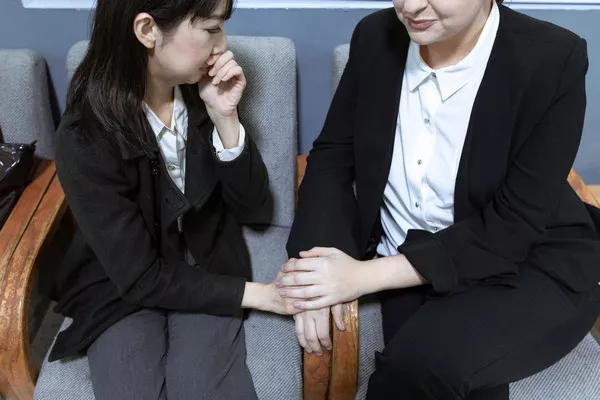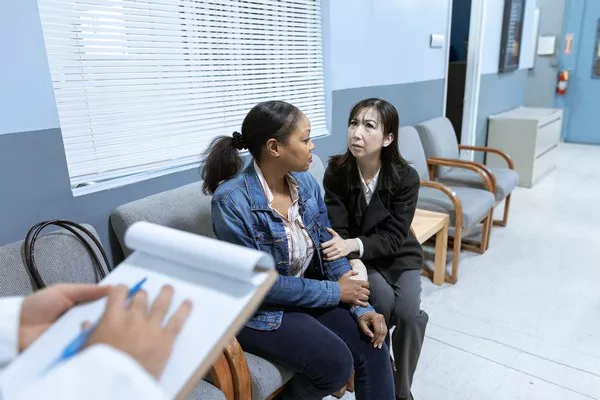Generalized Anxiety Disorder (GAD) is a mental health condition characterized by persistent and excessive worry about everyday situations. People with GAD may experience physical symptoms such as restlessness, fatigue, muscle tension, and difficulty sleeping. GAD can interfere with daily life and affect relationships, work, and overall well-being. Fortunately, there are effective therapies available for the treatment of GAD. In this article, we will discuss the best therapy for GAD and why.
Cognitive Behavioral Therapy (CBT)
Cognitive Behavioral Therapy (CBT) is considered the most effective therapy for GAD. CBT is a structured, short-term therapy that focuses on changing negative patterns of thinking and behavior that contribute to anxiety. It involves working with a therapist to identify and challenge negative thoughts and beliefs and replace them with more positive, realistic ones.
CBT can help people with GAD learn how to manage anxiety-provoking situations and reduce symptoms. It may involve relaxation techniques such as deep breathing, muscle relaxation, and visualization. CBT can also help individuals identify and change negative behaviors, such as avoiding situations that cause anxiety, and develop effective coping skills.
Medication
Medication can also be an effective treatment for GAD. Anti-anxiety medications, such as benzodiazepines and buspirone, can help reduce symptoms of anxiety. However, they are not a long-term solution and can have side effects such as drowsiness, dizziness, and cognitive impairment.
Antidepressants, such as selective serotonin reuptake inhibitors (SSRIs), are often prescribed for GAD. They can take several weeks to start working, but they have fewer side effects than benzodiazepines and are considered a more long-term solution.
Combination Therapy
Combining medication with therapy can be an effective treatment for GAD. Research has shown that a combination of medication and CBT can lead to better outcomes than either treatment alone. Combining therapies may be particularly beneficial for individuals with severe symptoms of anxiety.
Alternative Therapies
Alternative therapies such as mindfulness-based stress reduction (MBSR), acceptance and commitment therapy (ACT), and dialectical behavior therapy (DBT) may also be effective in treating GAD. These therapies focus on changing how individuals react to and cope with their anxiety.
In conclusion, Cognitive Behavioral Therapy (CBT) is considered the most effective therapy for Generalized Anxiety Disorder (GAD). CBT can help individuals identify and challenge negative thought patterns and behaviors, develop effective coping skills, and manage anxiety-provoking situations. Medication can also be effective, but it should be used in conjunction with therapy for the best outcomes. Combining therapies may be particularly beneficial for individuals with severe symptoms of anxiety. Alternative therapies such as mindfulness-based stress reduction (MBSR) and acceptance and commitment therapy (ACT) may also be effective in treating GAD. It is important to work with a qualified therapist or mental health professional to find the treatment approach that works best for you.



























